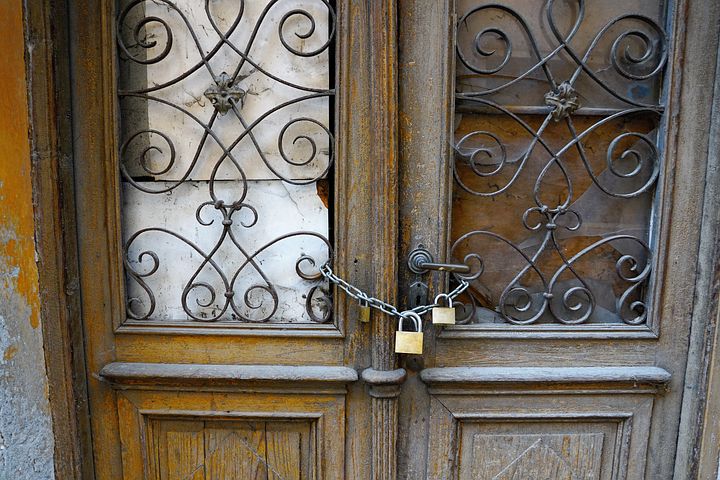
How to Avoid Mechanic’s Liens in Your Projects
As a residential real estate investor, it’s important to consider all the potential pitfalls before making your next big deal. One potential roadblock is the mechanic’s lien. Imagine the horror of closing on your dream house flipping project, only to be hit with a mechanic’s lien that needs to be paid off before you can sell the property. It’s enough to make any real estate investor break out in a cold sweat.
But fear not, dear investor! With a little extra caution and some proactive measures, you can avoid the nightmare of mechanic’s liens and keep your house flipping dreams alive. In this article, we’ll explain what mechanic’s liens are, how they can impact your real estate investing ventures, and how to avoid them. Let’s DIG in.
What is a mechanic’s lien?
A mechanic’s lien is essentially a big red flag that could potentially derail your investment dreams. It’s a legal claim against a property filed by a contractor, subcontractor, or supplier who hasn’t been paid for their work or materials. For example, say you’re trying to sell your investment property, but the previous owner didn’t pay their roofer. Unless that lien is taken care of, it could hold up the sale and cause delays (not to mention giving you a few more gray hairs). It’s not just house flipping projects that can be affected by mechanic’s liens. So whether you’re flipping houses or just looking to rent out a property, a mechanic’s lien can cause delays and headaches. Bottom line, a mechanic’s lien can still be a thorn in your side, no matter what your investment project is.
How much damage can a mechanic’s lien really cause?
If there is a mechanic’s lien on a property, it can impact your ability to sell or refinance the property. A mechanic’s lien becomes a lien on the title of the property and must be paid off or released in order to clear the title and allow the sale or refinance to proceed. If the lien is not paid off or released, it could potentially lead to a lawsuit by the contractor, subcontractor, or supplier who filed the lien in order to recover their unpaid wages or materials. And let’s be real, who wants to deal with a lawsuit on top of everything else? If the lawsuit is successful, the court may order the sale of the property in order to pay off the lien.
In addition to the financial and legal consequences, a mechanic’s lien can also damage your reputation and credibility, as it may be seen as a sign of financial instability or poor management. You don’t want to be known as the investor with a sketchy track record, do you?
How can I avoid mechanic’s liens on my real estate investing ventures?
First and foremost, do your due diligence before you buy. Check with the county records office to see if there are any liens on the property. And when you’re working with contractors on your house flipping projects, make sure you get lien waivers from them. This will protect you if they fail to pay their subcontractors or suppliers.It’s also a good idea to verify that all bills have been paid before closing on a property. This may require some extra legwork, but it’s worth it to avoid any surprises down the line. Bottom line – mechanic’s liens can be a wrench in the gears of your real estate investment. But with a little extra caution and some proactive measures, you can avoid getting stuck with someone else’s unpaid bills. Happy flipping!